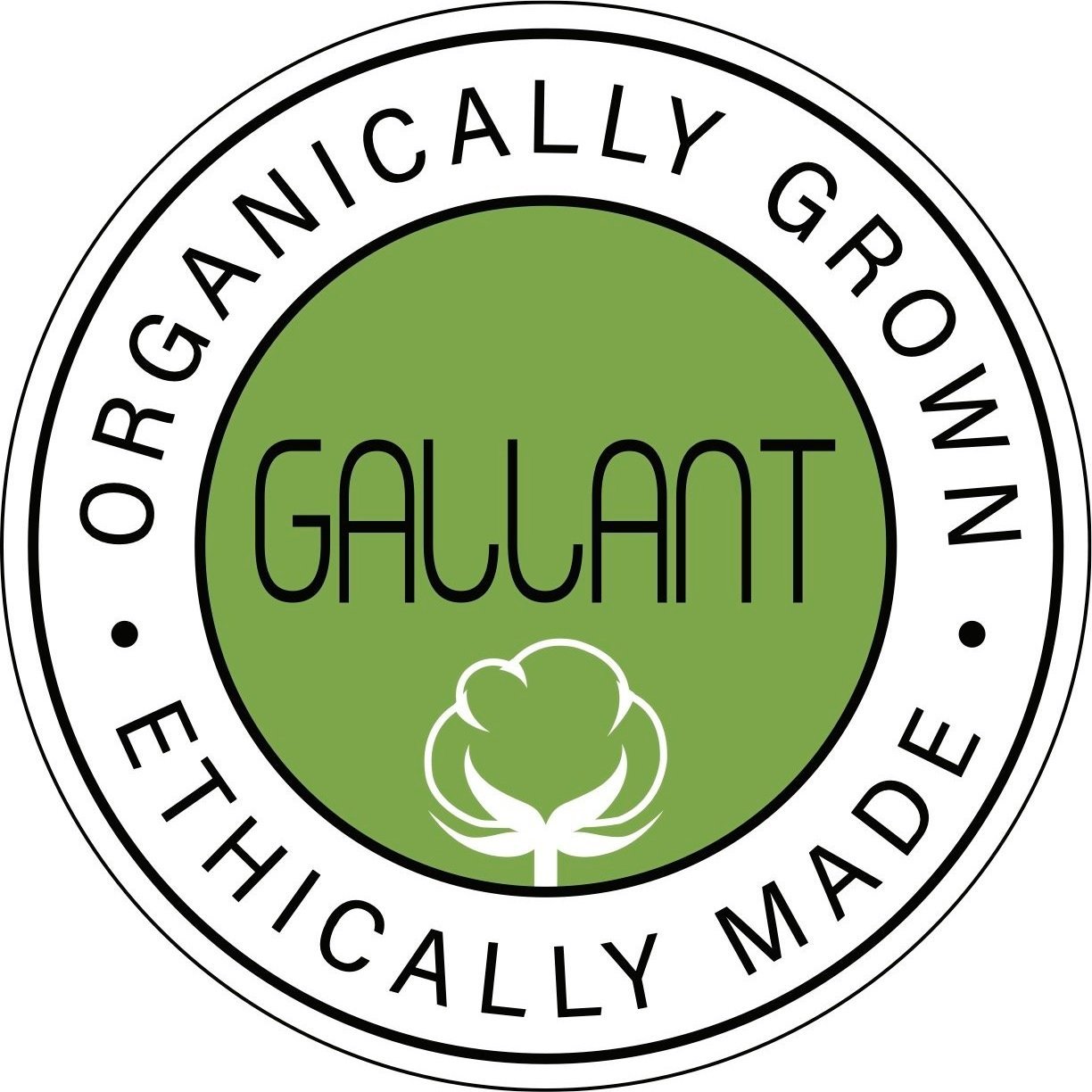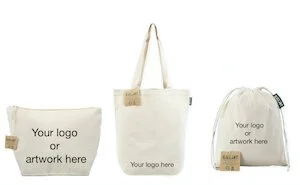What does Fair Trade mean?
Table of Contents
Fair Trade is a global movement made up of a diverse network of producers, companies, shoppers, advocates, and organizations putting people and planet first.
Welcome back to those of you who want to know more about what Fair Trade is, why it’s so important, and how you - as a consumer can work to ensure that the products you buy are supporting farmers around the world to receive better working conditions!
In the last blog, we explored the Fair Trade ecosystem through the lens of the certifying organizations themselves and what their criteria for Fair Trade (or fairtrade) mean based on their different standards, principles and certification methods.
This post aims to focus more on the movement as a whole in the fashion industry over the last few years and who the major players are that you should support as you continue on your own Fair Trade journey. One thing to keep in mind is that each industry (fashion, consumer goods, jewelry, and handicrafts) has its own motivating factors for Fair Trade standards in the supply chain, dependent on the size of the cooperatives, value-added processing, raw material costs, and production methods to name a few. Today we want to highlight the fashion and apparel industry with a specific focus on cotton producers and retailers.
Fair Trade movement
According to fairtradecampaigns.org, ‘Fair Trade is a global movement made up of a diverse network of producers, companies, shoppers, advocates, and organizations putting people and planet first. It is a tangible contribution to the fight against poverty, climate change and economic crisis. Fair Trade is a way to make a conscious choice for a better world and to support responsible companies, farmers, workers, and the environment. In other words, it’s a world-changing way of doing business.’
In other words, Fair trade means producers can enjoy secure and sustainable livelihoods, practice autonomy in their production and decide on their own future without the restrictive conditions found in conventional farming and factory practices. This is obtained through a Fairtrade minimum price, Fair Trade premiums and collective bargaining by producers to determine their needs and advocate for themselves with buyers.
Today, Fair Trade has grown into a leading market-based model of sustainable production, trade, and consumption. According to Statista.com, ‘the estimated retail sales of Fairtrade International products has grown globally from 830 million euros in 2004 to about 5.9 billion euros in 2014.’ Fairtrade International quoted 2016 global sales of 7.88 billion euros in 2016. Additionally, Fair Trade USA reports in their 2016 Almanac that ‘Fair Trade Apparel and Home Goods sales grew 66% in 2016, thanks to the support of visionary brands like Patagonia, West Elm, PrAna, Pact and Boll & Branch. More than 1,200 leading brands and retailers sell Fair Trade products and consumer awareness of the seal rose to 67%. U.S. consumers have also begun to adopt this trend—the International Markets Bureau in Canada reports that ‘25 percent of consumers reported that organic fairly traded food and beverages are worth paying a little extra for.’
Since 2000, fair trade sales and consumer awareness have increased tremendously, as the range of fair trade organizations has also expanded. From the early days of lace and home decor, handmade items now include clothing, sports equipment, toys, and other items. From its initial focus on coffee, fair trade product certification has expanded to tea, chocolate, sugar, vanilla, fruit, wine, and much more. In 2002, the first World Fair Trade Day was celebrated to heighten consumer awareness and to strengthen connections among fair traders and interested citizens around the globe.
Fair trade fashion industry and major players
A harsh truth that surprises many consumers is that the fashion industry is the second most pollutive industry on the planet. Driven by low margins and planned obsolescence, or the term used for clothing that is meant to be worn once or twice before being discarded, fast fashion supply chains are riddled with human trafficking and child labor as well as hundreds of human rights violations. In addition, the fashion industry is responsible for pollution to rivers and lakes in Asia from toxic dyes that impact worker and planet welfare and loss of habitat and water for thousands of farmers. Fast fashion, defined by Miriam Webster as ‘an approach to the design, creation, and marketing of clothing fashions that emphasizes making fashion trends quickly and cheaply available to consumers’[2] has become the norm for clothing companies to meet the demands of fickle consumers and is wreaking havoc on the globe.’
Today, there are 30 million cotton farmers worldwide in 90 different countries, most of which are still developing. Fair Trade cotton that is produced by farmers and then processed in Fair Trade factories ensures that the growers are paid a living wage and that women and children are not exploited in the harvesting of cotton. Cotton farmers tend to live in groups and have to work together in cooperatives that are owned by a few individuals and work together in large groups to process the crop. The final cotton fabric is then transferred to a factory to be sewn into the garments and cotton tote bags that are sold to consumers. In this factory, colors and accents are added to the finished products, as well as labels and all any other design needs.
We pride ourselves on being change makers who are leading a movement towards making only sustainable and ethical products under positive conditions that are trendy, affordable and 100% customizable. Let us help you make beautiful products that create positive outcomes for both the people and planet. Contact us for affordable private label custom organic cotton reusable shopping bags, grocery bags, drawstring bags for packaging, custom printed cosmetic pouches, t-shirts, and more.
Organic cotton wholesale muslin bags, tote bags and cosmetic bags are some of the producs we offer.

